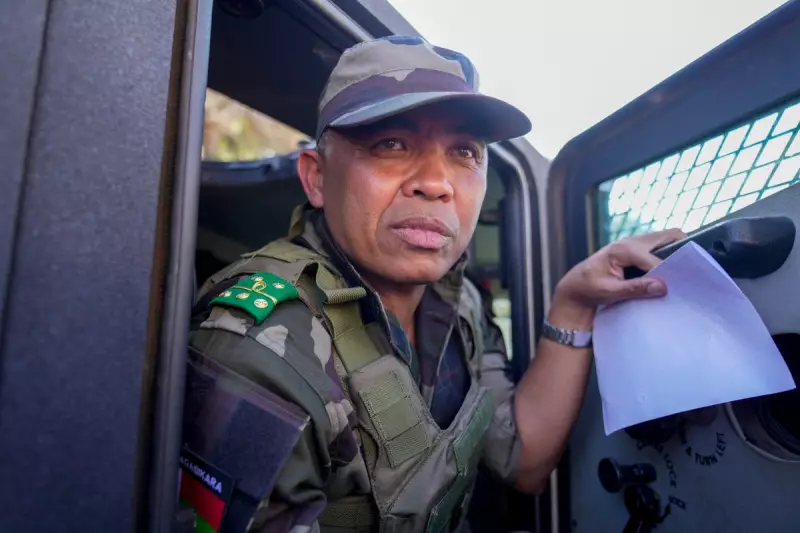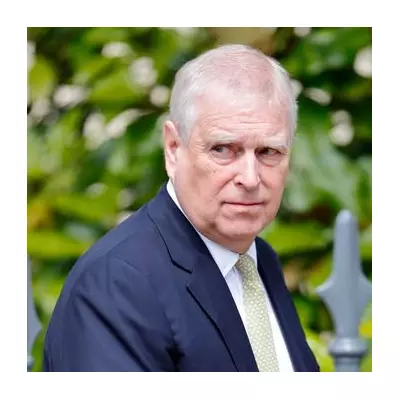
In a dramatic development that reads like a political thriller, Kenyan authorities have apprehended an American citizen at the centre of an alleged mercenary plot to overthrow the Madagascar government. The arrest has sent shockwaves through diplomatic circles and exposed the fragile political landscape of the African island nation.
The Nairobi Arrest
Details emerging from Nairobi reveal that the unnamed US national was taken into custody by Kenyan police following intelligence reports about his involvement in planning a violent regime change in Madagascar. Sources close to the investigation describe the suspect as having significant military experience and connections to private security networks across Africa.
Madagascar's Political Powder Keg
The Indian Ocean island has been simmering with political tension in recent months, creating fertile ground for such destabilising plots. President Andry Rajoelina's government has faced growing opposition and public discontent, though officials maintain the situation remains under control.
"This attempted coup represents one of the most serious threats to Madagascar's democracy in recent years," noted African political analyst Dr. Sarah Mbeki. "The involvement of foreign elements shows how vulnerable emerging democracies remain to external interference."
International Ramifications
The case has prompted urgent diplomatic exchanges between Washington, Nairobi, and Antananarivo. US officials have confirmed they're providing consular assistance to the detained American while cooperating with the investigation.
Regional security experts warn that successful coups in one African nation often inspire copycat attempts elsewhere on the continent. The African Union has condemned the plot and called for strengthened mechanisms to prevent foreign-backed regime changes.
What Happens Next?
Legal proceedings in Kenya will determine whether the suspect faces extradition to Madagascar or trial in Kenyan courts. Meanwhile, Madagascar's government has announced enhanced security measures and increased surveillance of potential dissident groups.
This incident serves as a stark reminder that despite decades of democratic development, political stability in many African nations remains precarious, vulnerable to both internal divisions and external manipulation.





